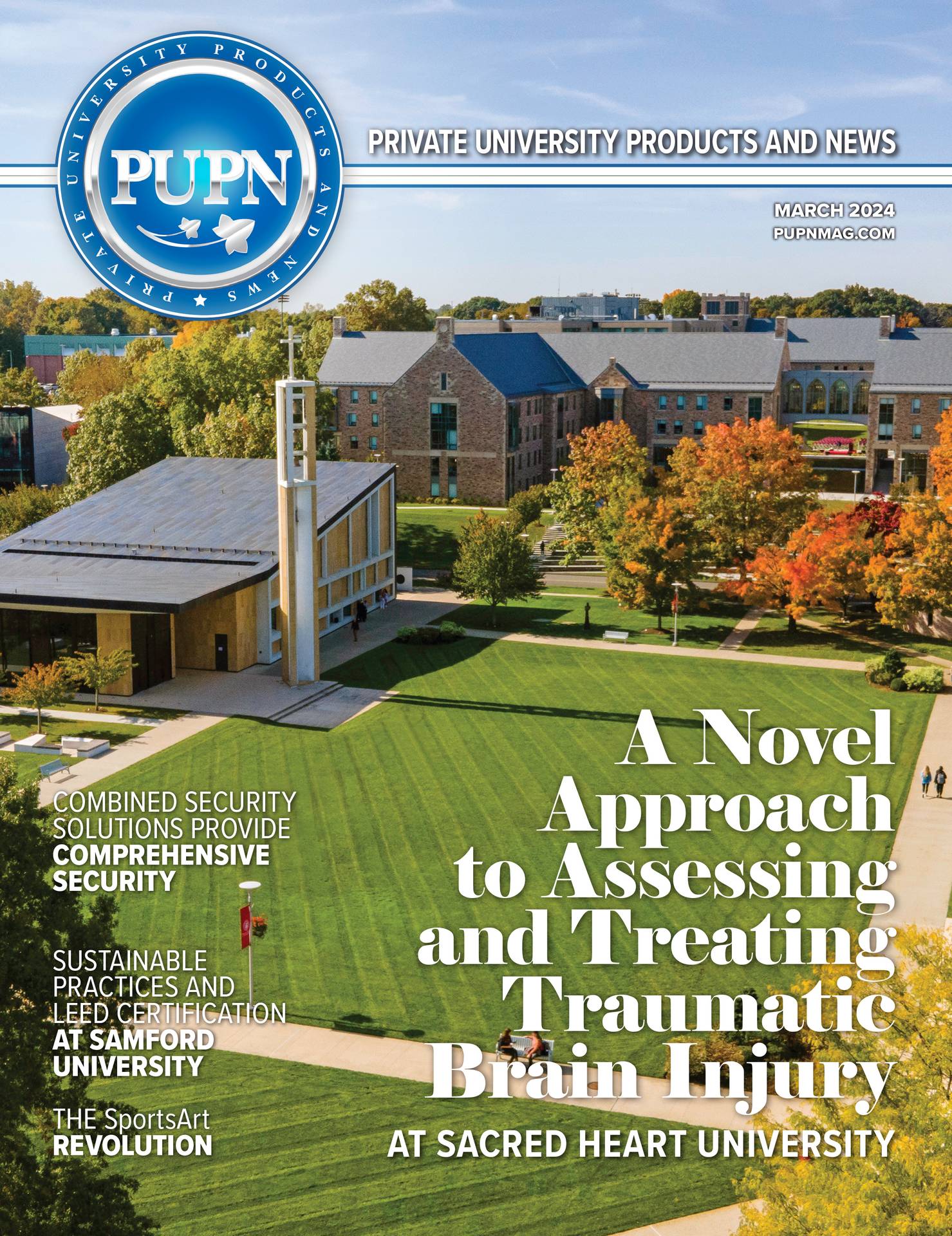Modica has published the academic work Race Among Friends as well as a young adult novel–The R Word–which explores race relations among a group of teenage friends, a text used in many college classrooms.
Twenty Years Toward a Cause
After serving twenty years on the same campus, Modica has become more and more involved in all aspects of the Education department programming, including assisting in development of the state-certified education program. Having always been passionate about multicultural education, she “appropriated” the course from a professor who was happy enough to pass the torch. The required Multicultural Education course was purposely designed for seniors, so the students would know each other fairly well, and even be good friends, by the time the toughest conversations were required. Additionally, the senior students would all know and trust Modica, so she has the opportunity to contextualize those conversations with both skill and understanding.
Because she has heard the same themes over the years from white students–that racism is behind us and dwelling on a problematic history is serving no one–she’s never surprised by those stances from white students in any class. However, many white students are often profoundly surprised by some of the experiences of their non-white college friends. Her ethnography Race Among Friends, in fact, focused on a group of students that had grown up together and gone to school with each other since kindergarten. One of the most compelling discoveries was that “the friendships actually informed the expectations,” and students of color were slow to share negative race-based encounters from their own history if they felt their white friends would be troubled. In short, a long-time classroom community realized they had everything in common in terms of life experiences, except those that fell along racial lines.
Thinking About the Hard Things
Current student Sara F. Donnamaria has taken several classes with Dr. Modica, but the one that stands out the most for her is the senior-level course in Multicultural Education. Donnamaria acknowledged that the conversations were a bit stilted at first because the topics were so potentially explosive and divisive. She had worked with her classmates in the same cohort for years, and she considered all of them close friends, so these hard questions risked threatening what felt, to Donnamaria, like a strong and cohesive unit.
However, in one exercise, Modica had the students form a straight line at the back of the class and started asking a series of questions. If the statement applied to an individual, he or she was to take a step forward. As the series of questions-all designed to demonstrate direct and indirect privilege-concluded, the results were striking. Donnamaria was at the front of the class with her white peers alongside her. Their black friends, for the most part, were still in the back of the room. “My black friends would never have told us these things,” she added.
“I was actually a little mad at her,” Donnamaria admits. This recognition was troubling and upsetting-even shocking-for the white students in the class; she also recalls being embarrassed that she had no idea what so many people she considered friends were encountering in their daily lives-encounters there were fundamentally unjust. Her black peers, however, shrugged off their white peers’ shock, indicating that these were their lives, and therefore they were accustomed to the treatment: whether it was being followed around in a department store or avoided in a social situation. “She loves us,” Donnamaria adds, “but she’s not afraid to make us think about the hard things.”
In terms of carrying these lessons forward into her own teaching, when she graduates this month, Donnamaria knows this recognition helps all of them acknowledge that they are not colorblind, nor should they be. Instead, teachers must be highly aware of racial issues within any educational environment to ensure that institutionalized racism would not go unchecked. Modica’s students not only had scads of research they studied to help them become cognizant of racial inequalities in the classroom, but they also had their own personal classroom epiphanies to protect them from accidentally overlooking what was obvious in the lives of others.
Powerfully Influencing Future Educators
Former student Caroline de Kruif shares that her teaching has been powerfully influenced by her time in Modica’s classes. Now in her seventh year of teaching early childhood classes, she still holds values and practices that stem from the foundation of Modica’s training. “Her work with race relations left a timely impact on the lens through which I view education,” de Kruif adds, “and has helped prepare me for the work that I do today.”
Raven Compton, another former student and current educator, recalls Obama’s 2008 presidential win, and the discussion among middle-class whites about a presumably post-racial America, all while she was subsequently “learning about the deep roots of institutional racism and the realities of those that I had unknowingly ignored.” Compton believes Modica’s work to be even more timely and relevant in 2017, particularly in studying the interaction of race and policy decisions that disenfranchise minority students. Now as she teaches her own classes, Compton hopes she is also working to further social justice as an educator, adding, “For every student I have ever impacted, Dr. Modica was the impetus.”
Current student Cassie A. Davis agrees, explaining that Modica’s insights on issues of race and diversity have been invaluable, in that she pushes students to face these potentially volatile topics head-on, while Modica is deftly using her extensive background to contextualize the issues in research and acknowledging the emotional courage it takes to push through harder topics. Davis adds, “She doesn’t make you work to have more information, but to internalize it and take a good hard look at the way you used to think.” Davis also agrees that the Multicultural Education course was incredibly thorough and meaningful. “While Dr. Modica is a white woman, she brings to light issues most people in her situation would be uncomfortable talking about in a way that is not offensive but insightful.”
A Strong Voice in the Community
Jennifer Gale, the Vice President of Student Life and Chair of the Diversity Committee, calls Modica a strong voice on their campus for addressing race relations, as well as an “energetic and proactive advocate through our Diversity Committee, guiding inner-organizational research and creating programs and policies to address issues raised by faculty and staff and to grow UVF’s cultural competency as a whole.” Gale believes they are a stronger University because of Modica’s expertise and community involvement.
Reverend David S. Kim, President of University of Valley Forge, adds that Modica serves as a key person on their diversity committee, adding that she is a professor who is well respected as a leader in diversity issues and racial relations. “We don’t shy away from tough conversations,” Kim explains. There are open forums and ongoing conversations about which diversity issues are most pressing and the best ways to approach any problem.
While Kim notes there will always be room for improvement and new issues to tackle, he is part of an administration that is ready to work through those issues in order to ensure students are living in harmony, or as close as they can get to harmony. “Diversity is great, but brings challenges,” Kim states. “Philosophically, we don’t sweep this under the rug.”










